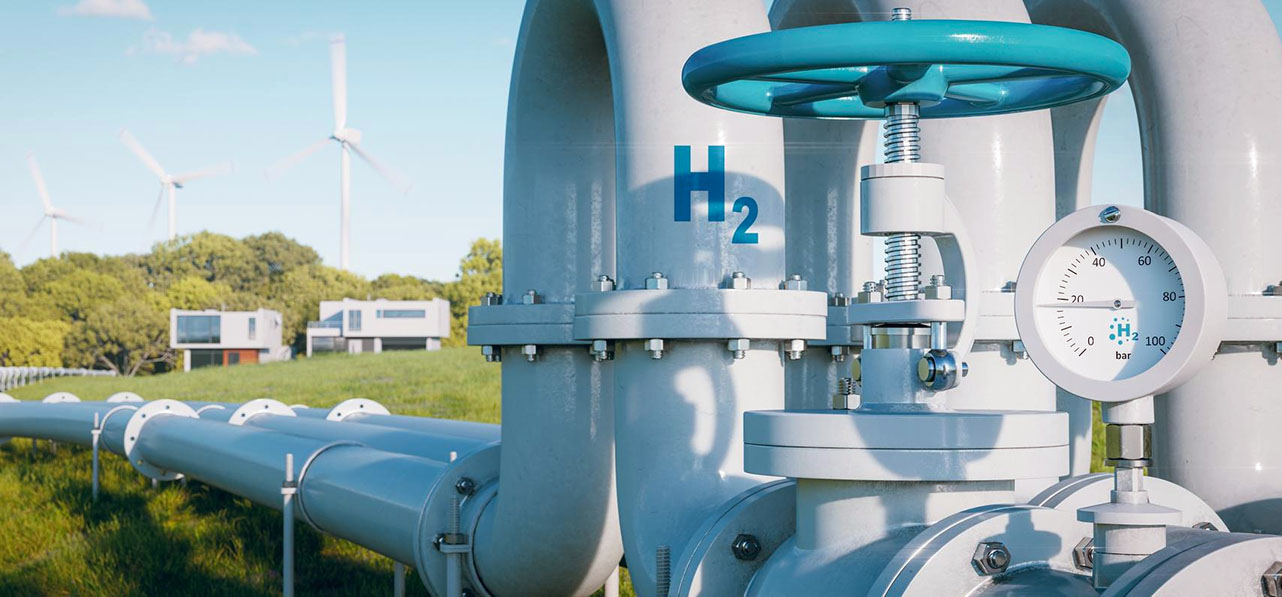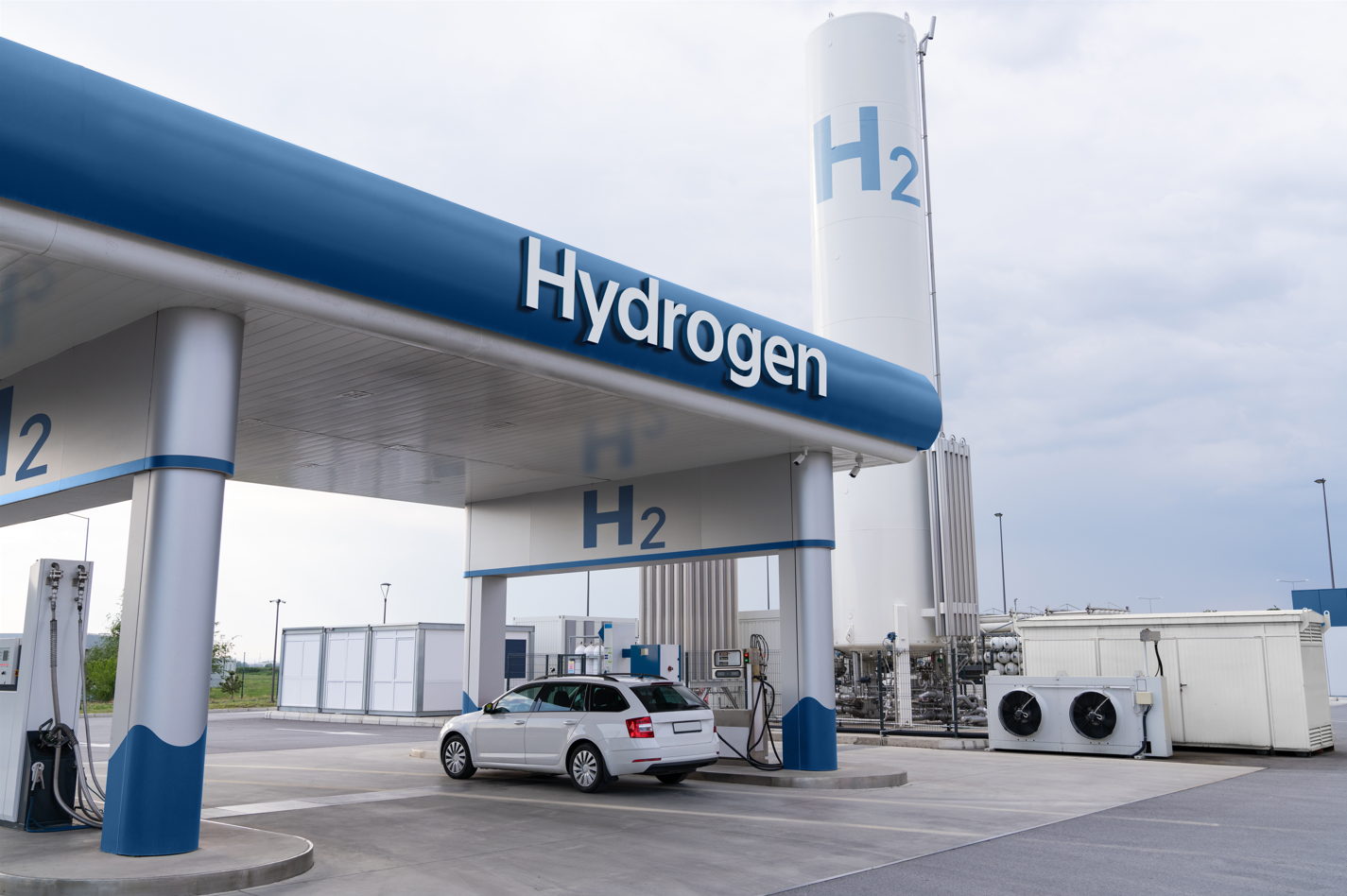Featured Articles
2022-06-06
Hydrogen energy has generally become a strategic policy in various countries
 The development of hydrogen energy will require the government to invest a lot of resources.
The development of hydrogen energy will require the government to invest a lot of resources.Human beings have long relied on fossil fuels as the main energy source, resulting in carbon emissions and serious damage to the environment. Seeking alternative energy has always been the goal of efforts, although considerable gains have been achieved, it is still unable to completely replace fossil fuels. Nuclear energy, which was originally expected to be highly anticipated, has great doubts in terms of safety and storage; renewable energy such as solar, wind, and even geothermal power generation is limited and unstable. Therefore, it is almost impossible to reach the consensus of major countries to achieve zero emissions by 2050. On the other hand, the huge number of mobile carbon emitting cars and motorcycles that can be seen everywhere has always been the most intractable source of pollution.
In recent years, lithium electric vehicles known as green new energy vehicles have gradually been accepted by the market. Although the vehicle body itself does not emit carbon, the acquisition of rare metals used in lithium battery materials and battery recycling will cause great pollution to the environment; The disadvantages of limited battery life and long charging time make it difficult to use for heavy vehicles and buses. Therefore, in recent years, more and more research and practical development results in the industry have proved that the extensive use of hydrogen fuel energy can completely make up for the shortcomings of the current carbon reduction methods, and truly achieve the ultimate goal of zero emissions. Bloomberg New Energy Finance forecasts that up to 22% of final energy demand in 2050 will be supplied by hydrogen.
However, although gases have a long history of use in industrial use, there is no experience in widespread use in energy, lack of empirical evidence of reliability and stability, and no complete supply chain system, which is much higher than the cost of fossil fuels. Even hydrogen such a clean energy does not constitute an adequate market incentive economically. Therefore, the success or failure of the development of hydrogen energy is closely related to the attitude of the government. It is bound to require the government to invest a lot of resources, create incentives for market opportunities, and build a complete industrial chain in order to achieve benefits. Fortunately, most major countries such as the United States, Japan, the European Union, and China have deeply understood this truth and its inevitable trend, so they regard hydrogen energy as the main axis of national energy policy development, and take the most critical first step towards success.
References
- Department for Business, Energy & Industrial Strategy, United Kingdom, 2021-08-17, Policy paper: UK hydrogen strategy
- Federal Ministry for Economic Affairs and Climate Action Germany, 2020-06-10, The Natural Hydrogen Strategy
- C enter for Strategic and International Studies, 2022-03-28, Jane Nakano, China Unveils its First Long-Term Hydrogen Plan
- 2021-10-12, Macron pushes nuclear, hydrogen power in €30 billion plan to reverse industrial decline
- Nature Gas Intelligence, 2022-03-08, Morgan Evans, Four Rocky Mountain States Proposing Regional Hydrogen Hub
- Ministry of Economy, Trade and Industry, Japan, 2019-09-18, Strategy for Developing Hydrogen and Fuel-Cell Technologies Formulated



